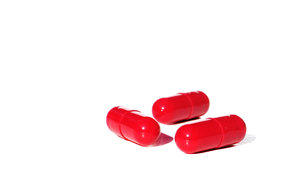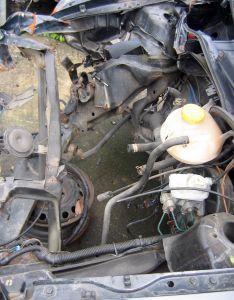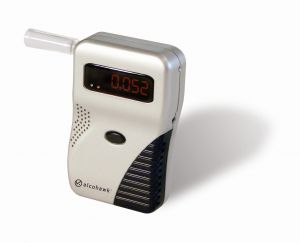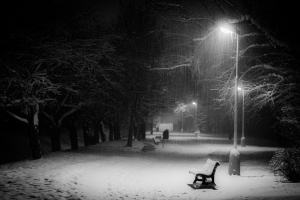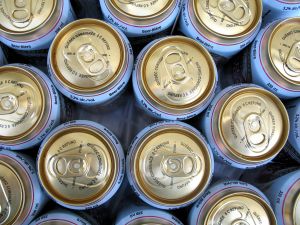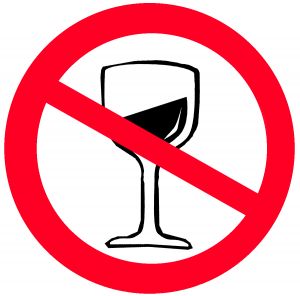There’s one local government in Ireland that recently decided to raise it’s legal blood alcohol concentration (BAC) level for drivers. According to the International Business Times, a local politician thought that residents should be able to drink more and then drive home. He said that these residents weren’t likely to crash on rural roadways and that the extra drinks were going to help fight off mental illness.
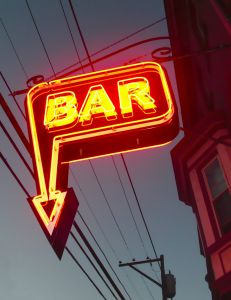
Our Boston drunk driving injury attorneys understand that many headlines proclaim this local government has “legalized drunk driving.” But the truth is that its newly-increased legal BAC level is still lower than the ..08 percent allotted for U.S. drivers. The small Ireland town simply went from a .05 to a .07 percent. Still, any amount of alcohol can negatively affect our skills behind the wheel. Alcohol slows down our reaction abilities and increases our risk for an accident.
“The risk of being in a crash gradually increases at each BAC level, but rises very rapidly after a driver reaches or exceeds .08 BAC,” stated an National Highway Traffic Safety Administration (NHTSA) report.
According to Mothers Against Drunk Driving (MADD), there were close to 10,000 people killed in the U.S. because of alcohol-related car accidents. These accidents also injured close to 400,000 people. Alcohol-impaired drivers cost the country more than $130 billion each and every year. And even if you’re not involved in a drunk driving car accident, you’re helping to foot the bill. These accidents affect everyone in the community.
It’s so bad that every 53 minutes, on average, someone is killed in a drunk driving crash in the United States. It’s the cause of about a third of our fatal car accidents each year. What’s so alarming about this is that these collisions are completely preventable. There’s never a good reason for a driver to get behind the wheel after consuming any amount of alcohol. There are so many other safe and sober ways to get to where you’ve got to be. There are cab companies, buses, public transit as well as friends and family members. Heck, you can even snag a hotel room and sleep it off. There’s never a good reason to risk your life and the lives of innocent travelers because you’re under the influence.
In the state of Massachusetts, there were close to 150 alcohol-related car accident fatalities in 2011. According to the National Highway Traffic Safety Administration (NHTSA), more than 110 of these fatalities involved a driver who was legally drunk behind the wheel.
Be careful out there, especially at night. During the evening hours, drivers are four times more likely to hop behind the wheel legally drunk. Our young ones are at risk, too. As a matter of fact, drivers between the ages of 21 and 24 are most likely to be intoxicated when involved in a fatal accident. Regardless of time of day or age — stay sober and safe behind the wheel.
Continue reading
 Boston Drunk Driving Accident Lawyer Blog
Boston Drunk Driving Accident Lawyer Blog




